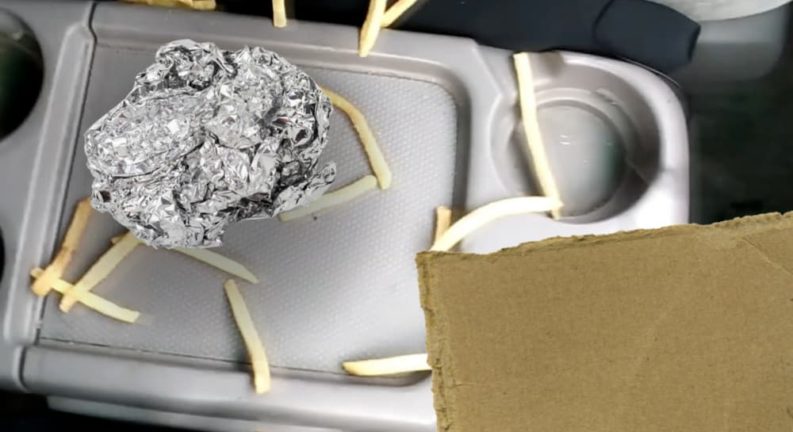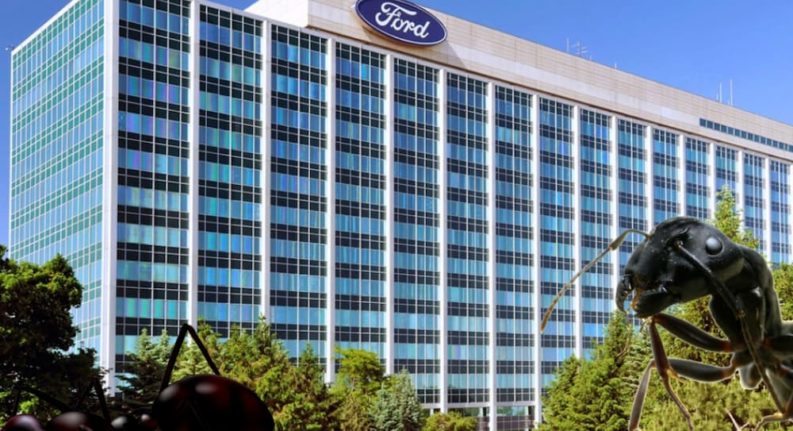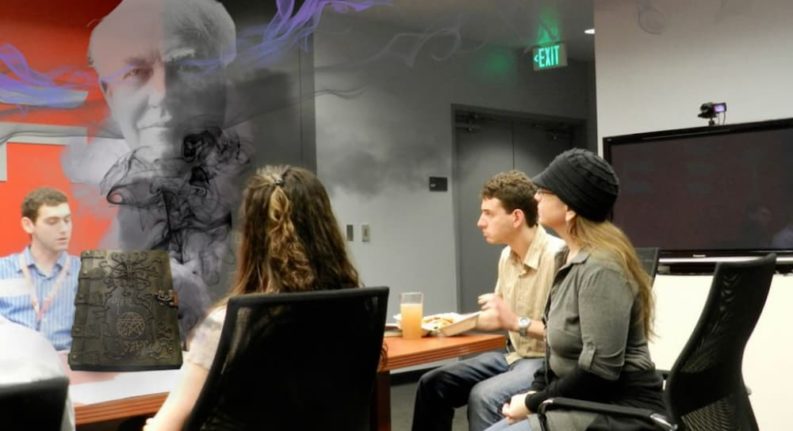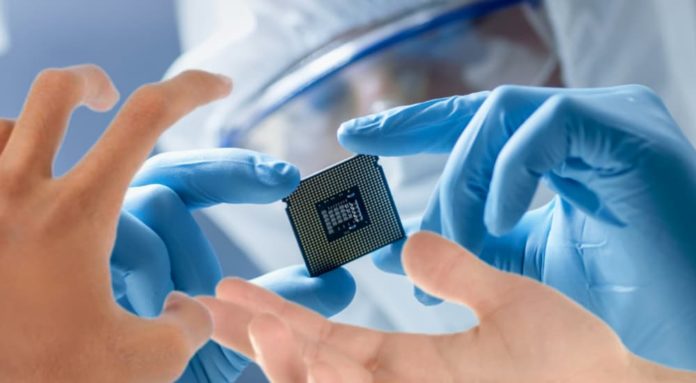My frequent readers will know that I have three skills: eloquence and a knack for crafting exquisite sentences, the ability to restate the obvious in a way that makes it seem like my original thought, and a resolution that allows me to remain calm in a crisis. And yet, my resolve is being tested by one of the most disastrous situations ever to hit the auto industry: the shortage of superconductor chips for computer systems.
Fortunately, the auto industry was built on flexibility and the desire to give drivers the finest experience possible at a reasonable price. And so, a number of industry leaders are currently working on potential solutions for this terrible crisis. Most of these concepts are only in the planning stages, but if even half of them work out, we’ll all be looking at a brighter future.
General Motors – Alternatives to Chips

First up, we have good ol’ GM with one of the most remarkable initiatives we’ve seen in the auto industry in some time. According to my sources inside Chevy, word has come down from above to find replacement options for these much-coveted chips. When the corporate officers were informed that they were asking their engineers to try to revolutionize 100 years of technological innovation and development in just a couple months, the person that complained was summarily fired. So far, GM’s engineers have tried using cardboard, crumpled up aluminum foil, and old French fries they found in the seats of their cars. Results have not been promising.
Ford – Alternatives to Computers

Any good leader knows that sometimes, in order to find a solution, you have to think outside the box. This seems to be the path that Ford’s overlords are going with, as they’ve instructed their teams to start looking for alternatives to computers in their entirety. One initial design utilized a farm of highly-trained ants, which would operate tiny switches to replicate the use of chips on circuit boards. This seemed promising until the ants realized what they were doing and worked together to overthrow the humans in charge of the project. My sources indicate that the ants will be running Ford Motor Company within eight months.
Tesla – Alternatives to Science

Innovation is one possible solution, but desperation is another. Several leaders at Tesla have decided their best chance for developing a new system is to go right to the source. So they held a séance in order to commune with the spirit of famed inventor and pigeon-enthusiast Nikola Tesla. Unfortunately, their medium wasn’t very good at his job, and they ended up with the spirit of Thomas Edison instead. So far, their engineers have killed several elephants and puppies at Edison’s behest and made numerous efforts to steal designs from other inventors and then patent them for their own uses.
Toyota – Alternatives to Reality

As one of the biggest buyers of these chips in the auto industry, Toyota is in particularly rough shape due to the shortage. One of my contacts within the company has informed me that the primary solution proposed by most of Toyota’s leaders is complete denial. They’ve continued working as normal, simply using small stones and pieces of drywall as chips on their car’s computer systems. When confronted about this, one leader at Toyota curled up into a ball, began crying, and assured their engineer that everything was fine.
So far, based on the last year or so, I think Toyota has the right idea.
Editor’s Note: We’ve reached out to each of these companies for confirmation on this story, and so far, only Edison’s ghost has responded. His message was neither pleasant nor informative, and we feel that the unearthly howls and maddened screams that he sent simply aren’t fit for print at this time. Instead, we’ll join other online publications and assume this will all work itself out and won’t have a disastrous impact on the industry for the next year or two, like it will. Thank you.












